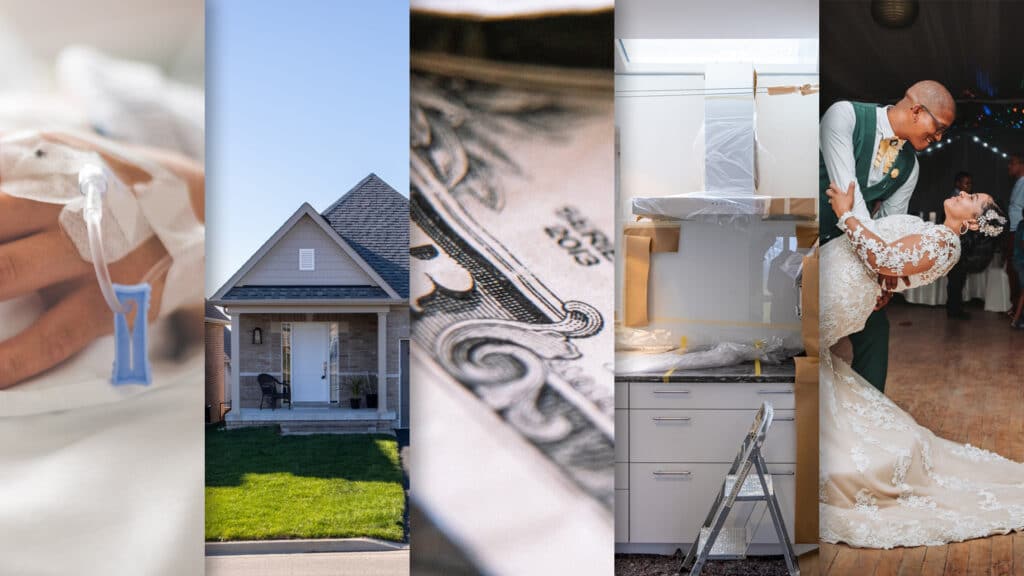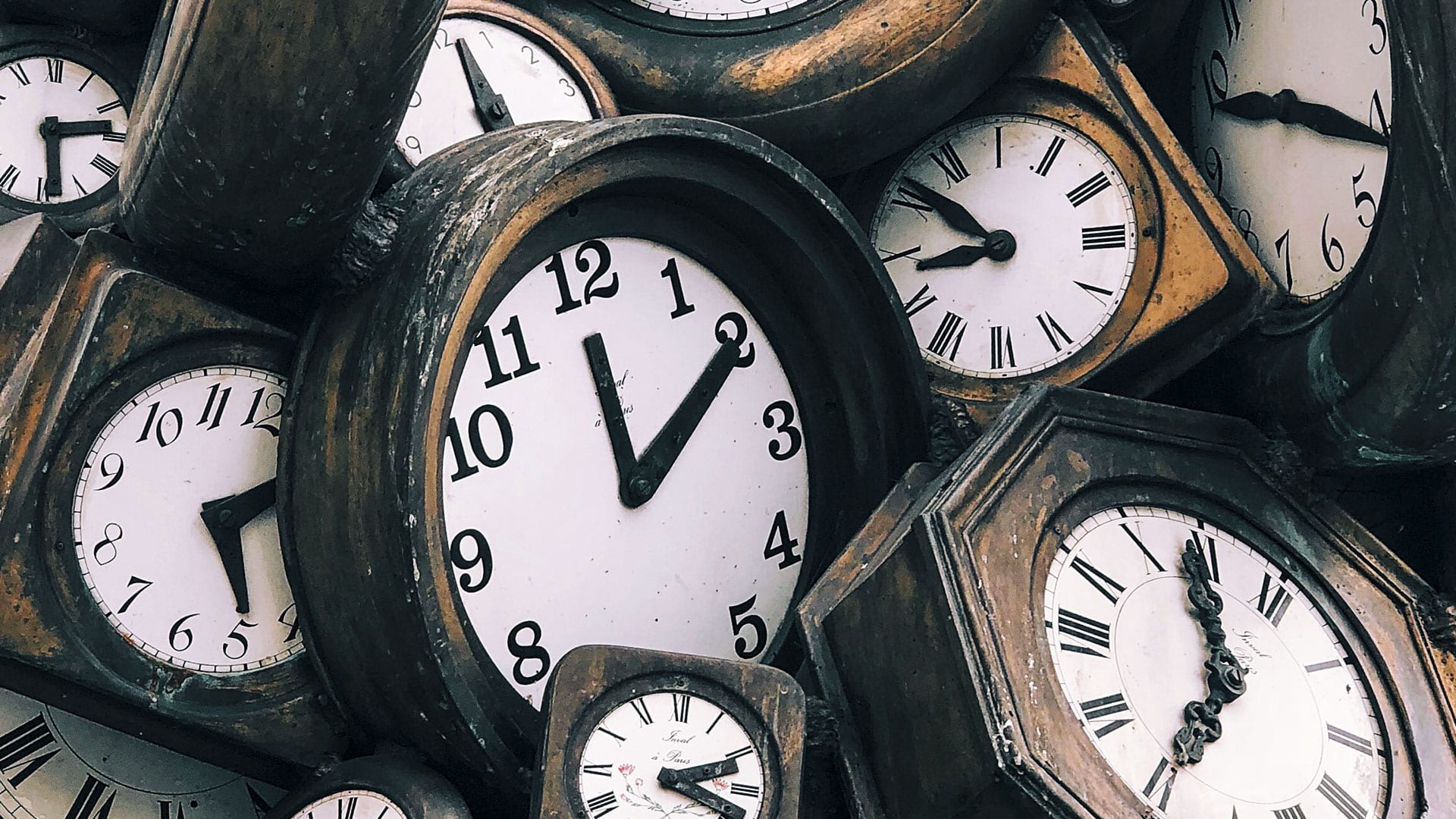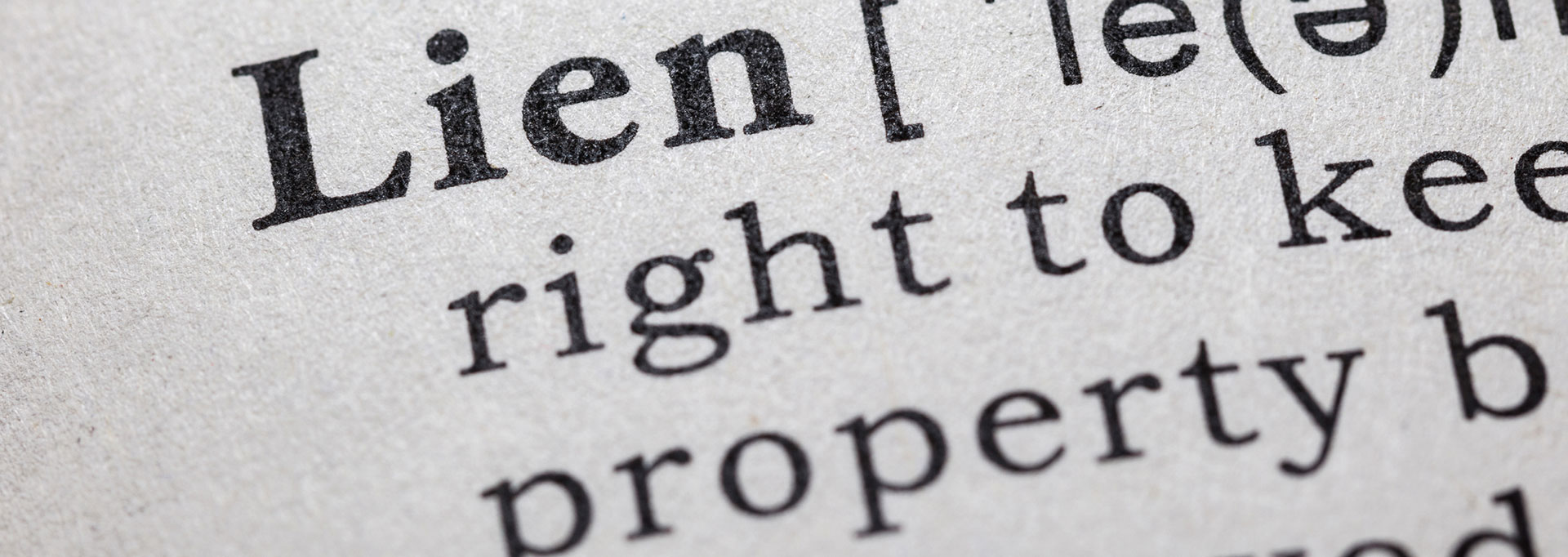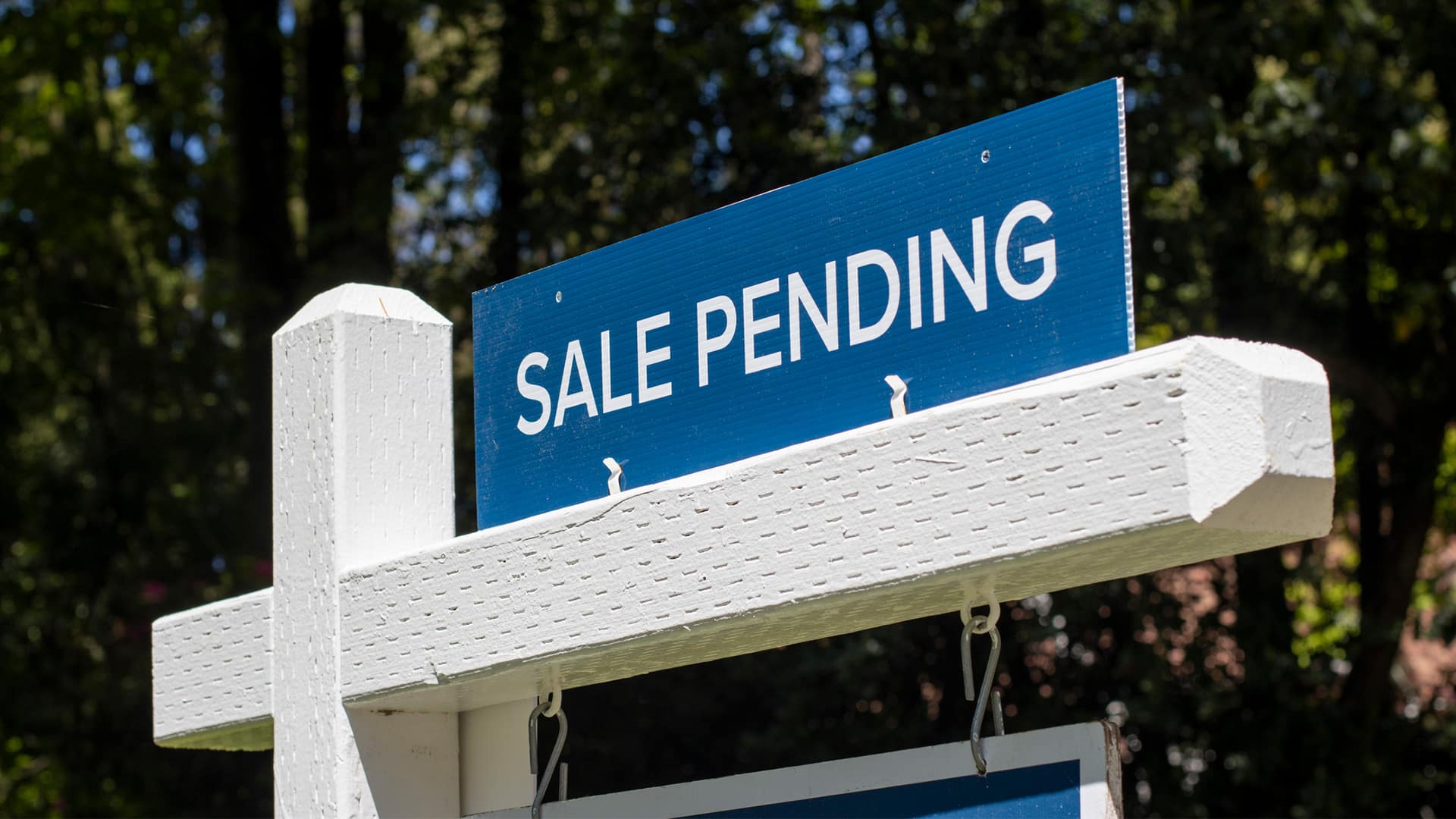Most products on this page are from partners who may compensate us. This may influence which products we write about and where and how they appear on the page. However, opinions expressed here are the author's alone, not those of any bank, credit card issuer, airline or hotel chain.
If you're applying for a mortgage, it's important to understand how other forms of debt like personal loans can impact your chances of getting approved. Getting a personal loan while you're buying a home can affect your mortgage eligibility, your credit score, and how much you can borrow. Here’s a breakdown of what you need to know, how to improve your chances of getting your mortgage approved, and how to decide when—and if—you should get a personal loan while home shopping.
How a Personal Loan Can Affect Your Mortgage Application
For most people, having a personal loan or applying for a loan during the home buying process may directly impact the strength of their mortgage application. Here are three ways an existing personal loan can affect your mortgage application.
1. Debt-to-Income Ratio (DTI)
Your debt-to-income (DTI) ratio is the percentage of debt you have compared to your gross income. When you take out a personal loan, your DTI increases. Mortgage lenders may see a high DTI and limit how much you can borrow or give you a higher interest rate. In some cases, mortgage lenders may flat out reject your application if your DTI is too high.
There are two different types of DTIs that lenders look at:
- Front-end ratio: This is a ratio of all your monthly housing-related expenses to your gross monthly income. It includes expenses like your principal, insurance, taxes, and homeowners association expenses. Below 28% is ideal.
- Back-end ratio: This is a ratio of your total monthly debts to your gross monthly income, including your personal loan payment. Below 43% is ideal.
The lender may examine both your front-end and back-end ratio. If your back-end ratio is already very low, adding a small personal loan may not make much of a difference to the lender. But if you can afford to pay off your personal loan first, this can improve your mortgage application and chances of approval.
2. Payment History
Your payment history is like your official “borrower’s resume.” It makes a clear statement to a lender regarding how you manage your debt obligations. So if you have a personal loan and are consistent with on-time payments, you are demonstrating responsible debt management to a mortgage lender.
On the other hand, if you have late payments or have defaulted on your loan for 90 days or more, some mortgage lenders will automatically reject your application. They want to protect themselves from the risk associated with lending to someone they feel may have a habit of mismanaging their debts.
3. Credit Score
Personal loans can directly impact your credit score. If you can manage your personal loan wisely, it can be used to improve your credit score, which can enhance your mortgage application. On the flip side, missing payments or taking on a personal loan you cannot afford can potentially hurt your score, and consequently your chances of getting approved for a mortgage.

The Best Personal Loans of April 2025
Should I Take Out a Personal Loan If I'm Buying a Home?
If you’re in the process of buying a house, you have to be very careful when taking out a personal loan, primarily because it could make your DTI ratio too high.
As explained above, your back-end DTI ratio includes personal loan debt. If you get a personal loan that pushes your overall monthly debt payments so high that they exceed the back-end DTI limit your bank allows, you may reduce your chances of getting your mortgage approved.
If buying a home is a priority, it may be a good idea to wait until after you close on your mortgage before getting a personal loan. The most important factor is whether you can afford the monthly payments. In some cases, it may be better to wait, save up some money, and then get a loan for a lesser amount. Here are some other reasons you may want to wait before getting a personal loan.
When It Makes Sense to Delay Taking Out a Personal Loan
Here's when it may make more sense to wait until after the home buying process to get a personal loan:
- You already have a lot of debt. Personal loans often come with higher interest rates, so adding one to your current financial situation could put you under unnecessary financial strain.
- The personal loan is going to take a long time to repay. Suppose you’re going to make loan payments for five years, and you're looking to purchase a home in three years. It may be a better idea to wait to get a personal loan because it could negatively impact your debt-to-income ratio as you apply for a mortgage.
If you decide to wait, consider building up an emergency fund with a high-yield savings account to help you earn a little more interest while you save up your funds.
Tips to Improve Your Mortgage Application
Whether or not you have a personal loan, or are looking to get one, here are some tips that can help your overall mortgage application.
- Pay down debts: Reduce your debt burdens by tackling high-interest debts or consolidate smaller debts first to free up more of your disposable income. This can improve your DTI and help you put more toward your down payment.
- Improve your credit score: Maintain consistent, on-time credit card or loan payments to continue building up your credit. Fixing any errors in your credit report can also help give your credit a slight boost.
- Know your budget: Create a monthly budget and stick to it. Being diligent with your budget also helps you avoid unnecessary impulse purchases that can put you in more debt.
- Do your research: When you're looking for a lender, do your research to find one with the best rates and terms for you.
The Bottom Line
Anytime you’re considering borrowing money, consider whether the expense is necessary and how it can impact your financial situation in the future. If a personal loan makes your debt-to-income ratio too high or hurts your credit, it can hurt your chances of getting approved for a mortgage. But if you are a responsible borrower who is currently paying off a personal loan with consistent, on-time payments, you may be in a good position to still qualify for a mortgage.
FAQs
-
Generally speaking, lenders do not let you use a personal loan to finance the purchase of a home, which includes putting a down payment on a home.
-
Yes, they do. They are particularly interested in how personal loans impact your debt-to-income (DTI) ratio and your FICO score. By getting a personal loan, you increase your DTI, which can reduce the amount a lender is willing to let you borrow for a mortgage.
-
If you have a relatively high debt-to-income ratio, paying off your personal loan may help you qualify for a mortgage. If your debt-to-income ratio is well below the level a lender requires, it may not make much of a difference if you pay it off.


















